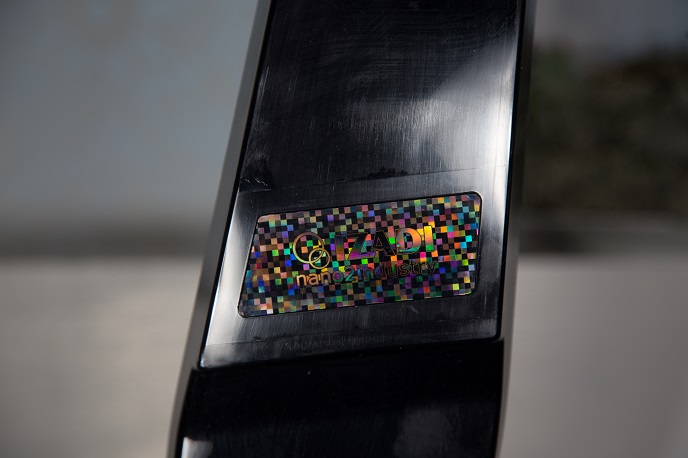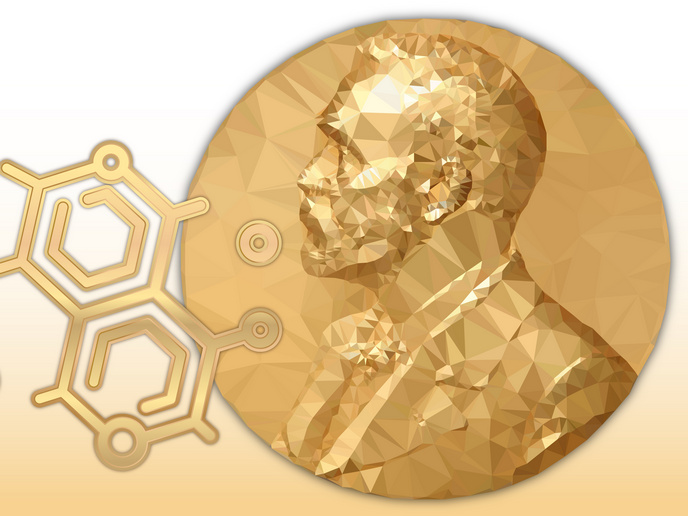Nano-improved materials and processes open up the market for enhanced components
Nanotechnologies offer significant performance advantages for manufacturing materials and processes. To improve thermoplastics and metallic parts using nanomaterials, three base material provisions hold out much promise: injection moulding using master-batches of thermoplastics, master-pellets for metal casting and nano-structured powders for metallic coatings. The IZADI-NANO2INDUSTRY (Injection moulding, casting and coating PILOTS for the production of improved components with nanomaterials for automotive, construction and agricultural machinery) project introduced three pilots, all manufacturing real components (thermoplastics B-pillar in cars, and hydraulic motor metallic swashplates and valve plates), to explore these strategies at existing production facilities. The project succeeded in upscaling the manufacture of the new materials as well as the processes, reducing the number of production phases (bringing down costs), as well as greening the process, whilst keeping it safe. Nanomaterials trials for thermoplastics and metallic parts Explaining the inception of the project, coordinator Dr Cristina Elizetxea Ezeiza says, “IZADI-NANO2INDUSTRY builds on the results of previous EU-funded projects, including Plast4Future, EFEVE, OFIENGINE and EXTREMAT. A number of us involved over the years became confident that some results could be transferred from the lab to the market and so we set up the pilots.” With the ESTCRATCH pilot (Basque Region, Spain), thermoplastics reinforced with nanomaterials (based on master-batches) and nano-textured surfaces were inserted into injection moulds for B-pillars (for cars) offering enhanced anti-scratch properties and aesthetics. The HARDCAST pilot (Lombardia Region, Italy) added nano-reinforcements via master-pellets in a new, low cost, safe gravity casting process, increasing the hardness, wear and tensile properties of hydraulic motor swashplates. Finally, the TRIBONANO pilot (Emilia-Romagna Region, Italy and Basque Region, Spain) used nano-structured powders for metallic cermet coatings and thermal spray technology for solid state deposition to increase the sealing function, efficiency and durability of hydraulic motor valve plates. IZADI-NANO2INDUSTRY found that thermoplastic scratch resistance was 140 % higher than with currently available grades, with low variation of gloss and colour. Compared to current commercial materials the hardness and wear of the metallic parts were doubled, with tensile strength increased by up to 30 % and elongation coefficients maintained or even improved. Mechanical efficiency and durability of the final components for hydraulic motors were also increased, with both fuel consumption and maintenance costs reduced. One of the project’s main findings, relevant to commercialisation, was the importance of the ‘safe-by-design’ approach throughout the life cycle of materials and processes. As Elizetxea says, “Firstly, we need to identify less hazardous nanoforms. But we also need to give industries the tools for risk assessments along the production chain, as well as continually evaluate consumer and environmental exposure, to calibrate safe use.” From lab to market IZADI-NANO2INDUSTRY opens up opportunities for the automotive industry to respond to market demands for enhanced performance and aesthetics. For construction and agricultural machinery, it offers thinner components, increased mechanical efficiency of machine transmission, less maintenance costs and reduced reliance on diesel consumption, lowering CO2 emissions. Ultimately, the range of possible applications is endless – from light lenses for vehicles, to turbines for the hydroelectric industry and even extending to household assets (such as bathtubs) and medical devices (such as bulbs for blood tests). The team, alongside their early adopters, is now working to produce industrial quantities of nanomaterials and to achieve the full production of the nano-enhanced components studied in the project. They are also continuing to develop safe use tools and guidelines.
Keywords
IZADI-NANO2INDUSTRY, nanomaterials, automotive, construction, agricultural machinery, components, thermoplastic, metallic parts, nanoindustry, nanosafety, tensile strength, scratch resistance, injection moulding, casting, coating







